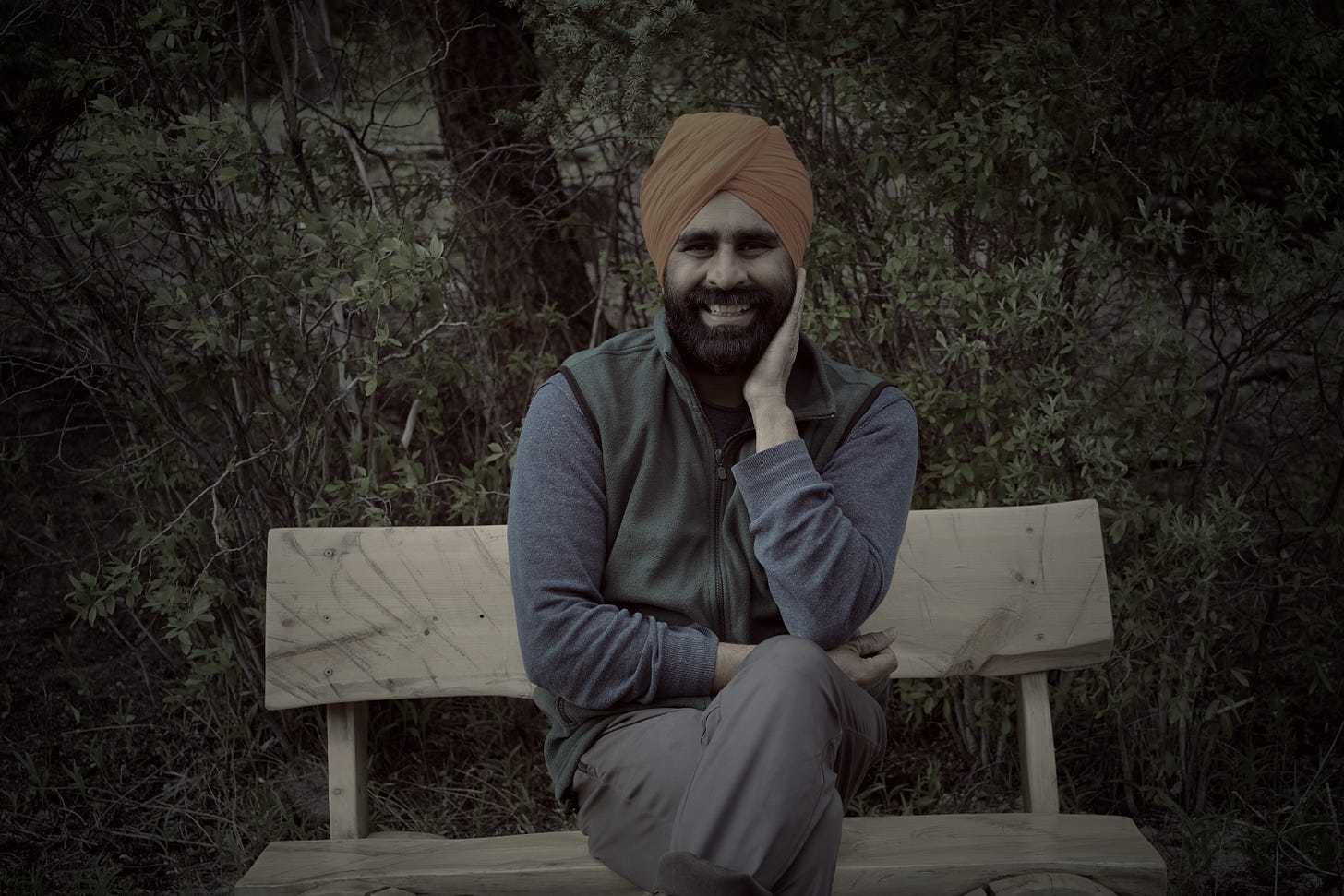Thinking of Overthinking: What to Do When Your Thoughts Are on Fire
Overthinking traps us in a cycle where our thoughts keep multiplying. We spend too much time analyzing every possible situation, often imagining the worst possible outcomes.
In the labyrinth of the human mind, a peculiar phenomenon lurks—overthinking. Like a mental hall of mirrors, it reflects endless variations of the same thought, transforming simple decisions into complex puzzles and clear paths into mazes of uncertainty. This exp…
Keep reading with a 7-day free trial
Subscribe to The Gurdeep Magazine to keep reading this post and get 7 days of free access to the full post archives.


